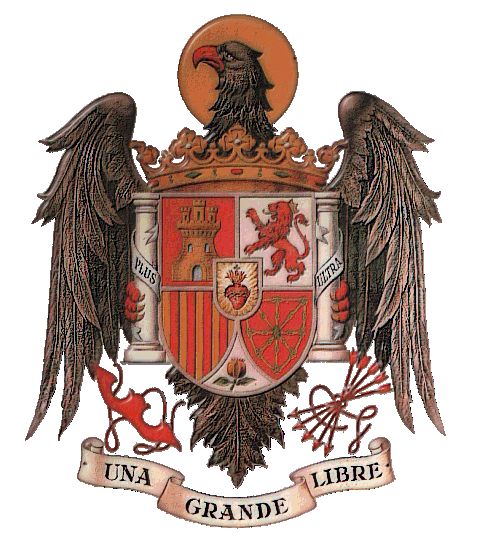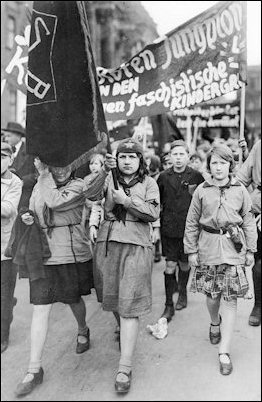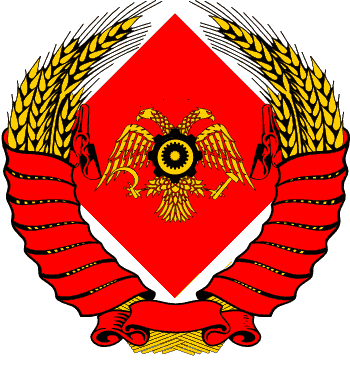
The Warring Twenties
January 1st, 1920. It's arguably a better world, there's been no Great war, the Russian Revolution fizzled out before it truly began, and the Spanish Flu never really did much at all. But, tensions are high. They've been building up for decades now with little chance for a release, and all that's needed now to burn the world down is a spark. The years to come will be drenched with blood, lead and fire. The decade we are stepping into will define the future of mankind. This decade will be the turning point for all peoples, in what direction depends on you. This decade is, The Warring Twenties!
Right, introduction out of the way, this is an alternate history RP starting on January 1st, 1920. Our world diverges from history in 1885, no exceptions. Most of the story between then and now is up to you to be written, but there are ground rules. Firstly, nothing ridiculous. No, Byzantium didn't return. No, Paraguay didn't unify South America, and no, Nazis do not exist. You can change your nations quite significantly in the 35 years between the POD and now, but they should still be recognizable. I also have a few historical points that will be set out in the mandate below.
Historical Mandate, the following is FACT:
-There was no First World War, the Austrian Empire was more lenient on the Serbs as the German Empire refused to aid them, thus Russia did not involve itself
-The Balkan Wars DID occur, at what scale is defined by you
-Relations between France and Britain are tense thanks to colonial disputes in Africa
-The Spanish Flu did happen but killed only ~1 million people overall
-Tensions in the Balkans between all parties are high
Other than the above, you are free to develop your national history in any reasonable way you like.

















